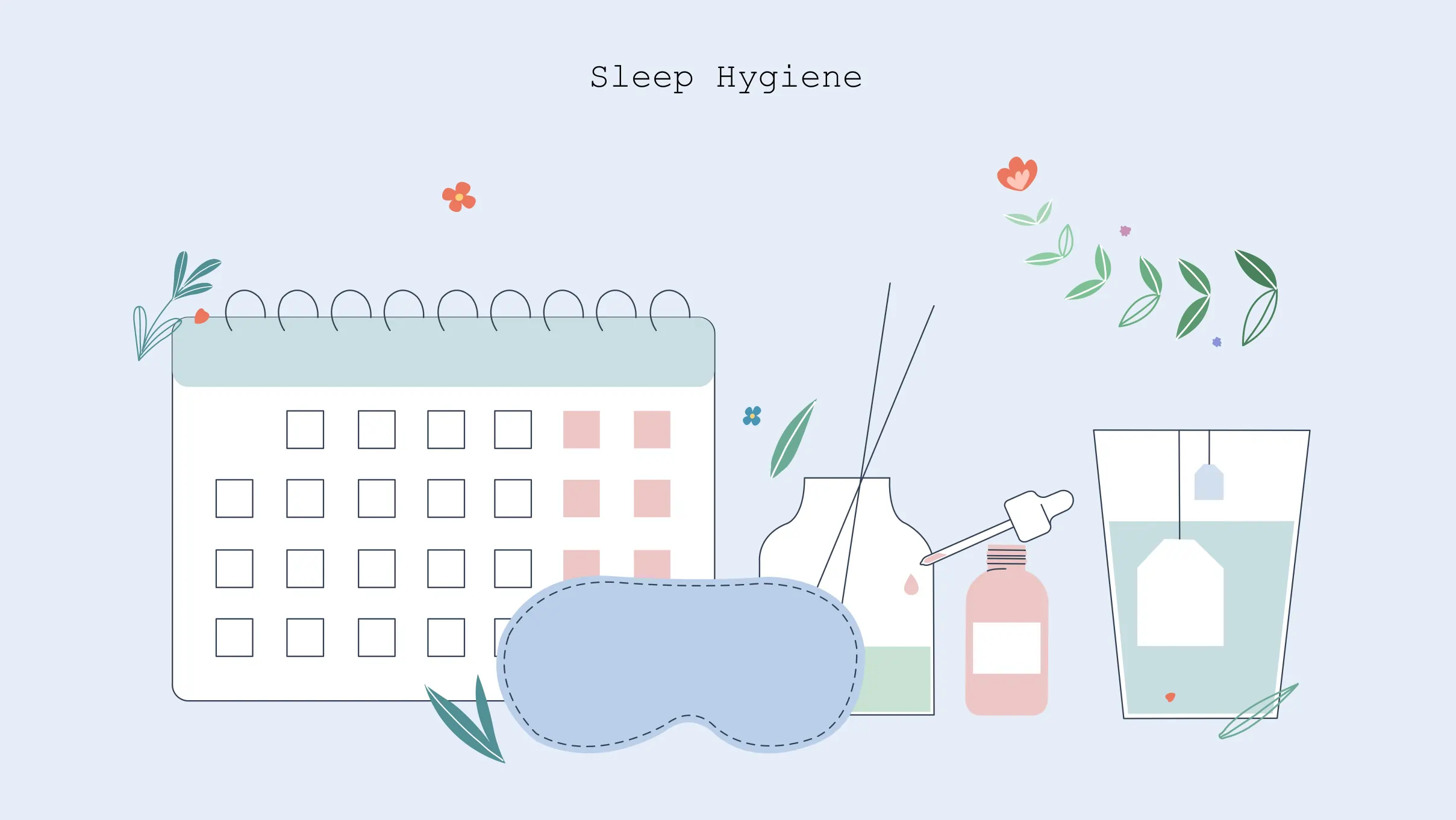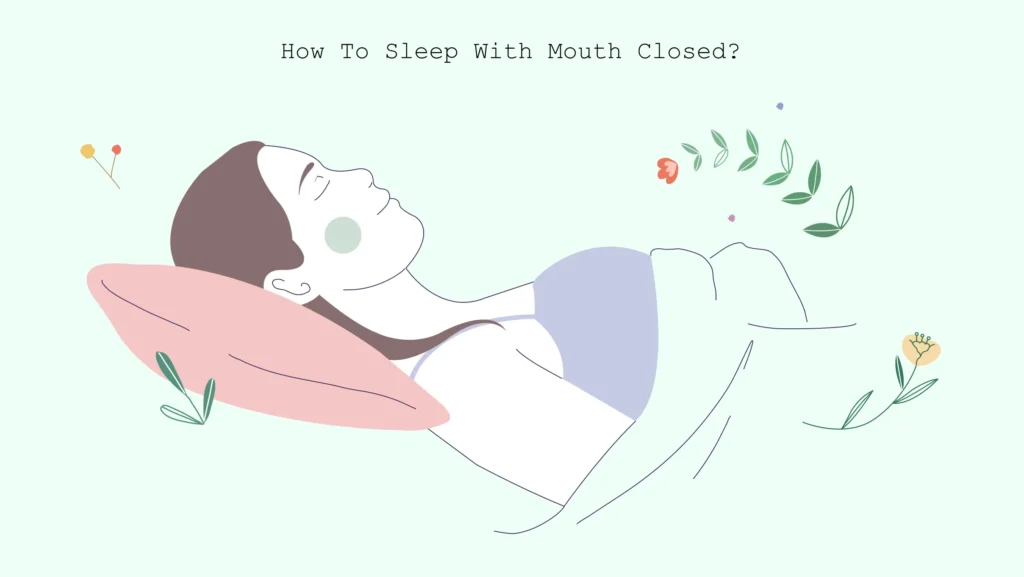10 Effective Sleep Hygiene Tips – Part 1
Fact Checked
Up to date
Update: July 13, 2023
Share
Written by

Content Writer
Medical reviewed by

Pulmonologist & Sleep Expert

0
people like this article
Share
Written by

Content Writer
Bachelor's in English Literature and Health Sciences
Previously wrote blog articles for various Doctors for their websites
Familiarity with various content management systems and SEO best practices
Medical reviewed by

Pulmonologist & Sleep Expert
14+ years of experience as a consultant with a keen interest in interventional pulmonology, critical care & Sleep medicine. His research articles have been published in various medical journals, both domestic and international.







